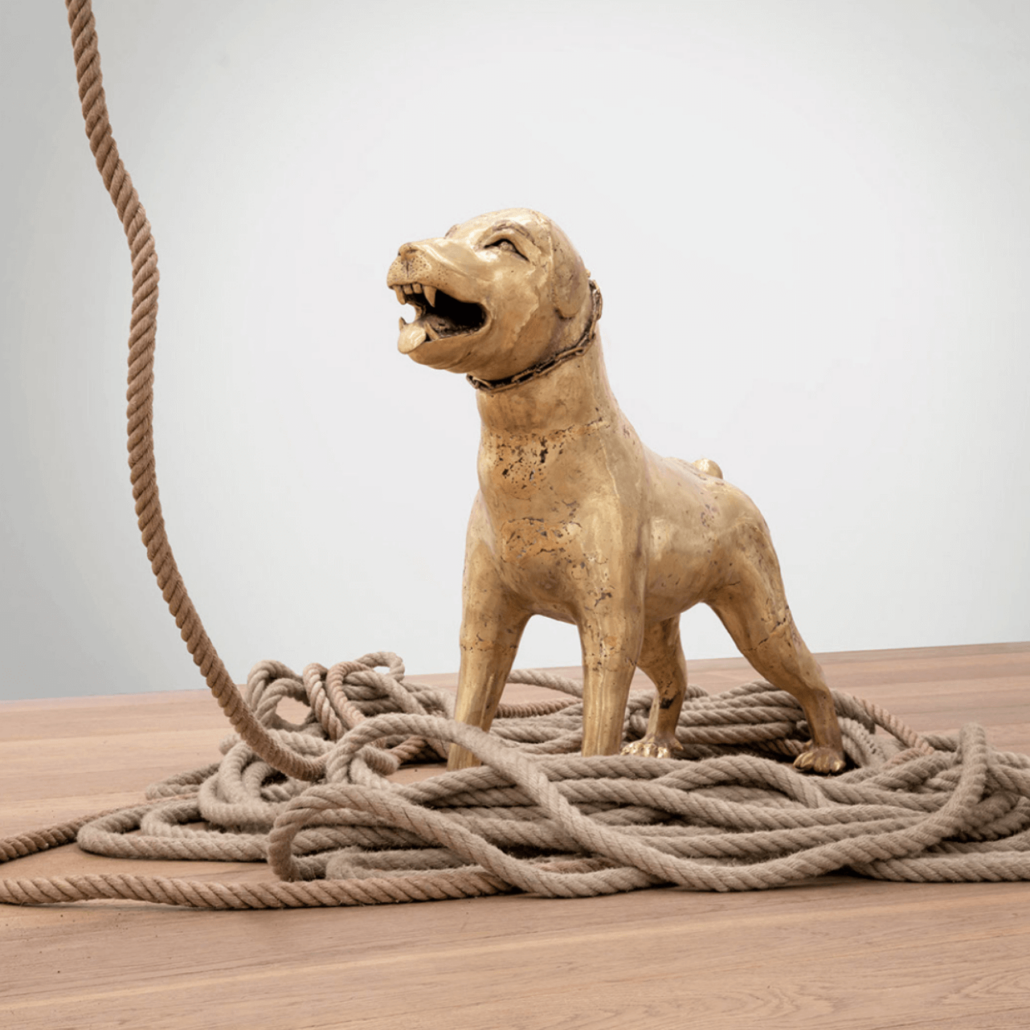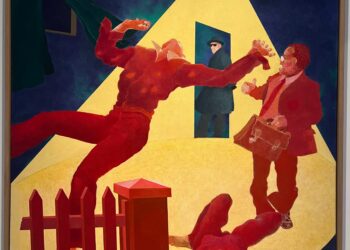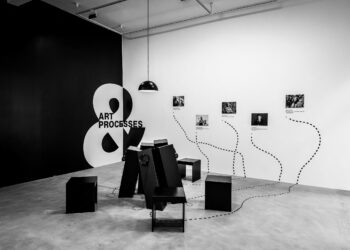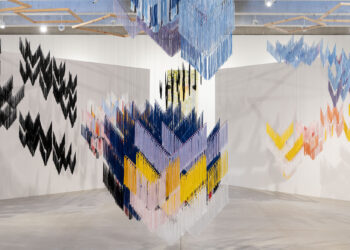Every historical narrative is a construction and an expression of a viewpoint on oneself and on others. History museums are no exception to this rule. Exhibiting a collection’s objects is akin to presenting the perception that the collectors had of themselves and of others over time.

Courtesy of Château des ducs de Bretagne
In a moment when we are rethinking the history of Humanity as an interconnected one on a global scale, it is essential to point out that many of the objects and documents on display in museums today are intrinsically imbued with a colonial perspective.
In an attempt to understand exactly how these pieces were seen when they were acquired, to distance ourselves from them, to question them and measure their impact on us – both in what we know and how we imagine things – the Musée d’histoire de Nantes, as part of the third edition of Expression(s) décoloniale(s), has once again invited an historian and an artist from the African continent to dialogue with the museum’s collections.
Internationally renowned Cameroonian artist Barthélémy Toguo will invest the museum’s rooms with his work, which shows an unfailing commitment to questioning the major issues of our time, while also establishing a dazzling relationship between past and present. Themes exploring the fundamental imbalances of the world we live in, the structural imbalances of exchange that characterize it, and the inequal opportunities and multiple discriminations resulting from them, make his work eminently contemporary and political. Questions revolving around cultural memory are also present in his work, but do not prevent a celebration of the fundamental power of life, as vigorous as it is unexpected. Prolific and generous, Toguo will present some twenty works throughout the Musée d’Histoire de Nantes’ permanent collection, adding a new imperative to this year’s edition: the need to act.
In the spirit of hospitality, Toguo wanted to associate five artists with this year’s edition at the Musée d’Histoire de Nantes.
Historian François Wassouni – a specialist in the history of violence and a lecturer in contemporary history at the University of Maroua in Cameroon – will present roughly ten new captions for objects that are emblematic of Nantes’ and France’s colonial history, which resonate with his research topics and his approach to questions of national memory.
Barthélémy Toguo was born in Cameroon in 1967. He studied at various art schools in Ivory Coast, France, and Germany, and now lives between Paris and Bandjoun, where he founded an innovative space that combines an art school, a cultural centre, and a farm in 1999 called “Bandjoun Station”.
Internationally renowned today, his work is shown the world over in a great variety of forms, combining both the most robust and the most fragile materials. Each of his productions bears witness to his early and constant commitment to defending the great humanitarian and ecological causes of our time while giving a voice to the voiceless.
Kara Walker (USA), Rosana Paulino (Brazil), Monica Toiliye (Democratic Republic of Congo), Jean-François Boclé (Martinique) and Moreira Chonguiça (Mozambique) have come to join him. Painters, video artists, sculptors or performers, each of them has found their place in the museum’s spaces, and their resonance with history.
The exhibition will be on view from the 13th of May until the 12th of November, 2023. Barthélémy Toguos’ exhibition will be on view at HAB Gallerie from the 16th of June until the 17th of September, 2023. For more information, please visit Château des ducs de Bretagne.



